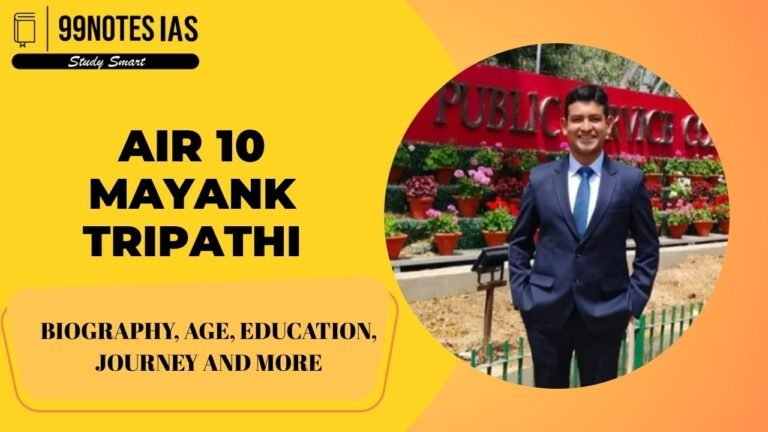What Dhaka Needs
(Source: The Indian Express, Editorial Page)
| Topic: GS2 – International Relations, GS2 – Governance (Democracy and Institutions), GS1 – Post-colonial state-building |
| Context |
|
Background:
- Bangladesh has been governed by the Awami League under Prime Minister Sheikh Hasina since 2009. Political tensions have intensified post-2024 elections, amid boycotts by the opposition and international concerns over human rights. A recent UN report has also flagged alleged rights violations, particularly during anti-government protests. Despite economic progress, Bangladesh faces growing institutional erosion, politicized governance, and retributive justice against opponents.
Challenges to Democratic Consolidation:
-
Personalized Politics: Governance remains concentrated around political figures rather than institutions.
-
Absence of Transitional Justice: Bangladesh has lacked an institutional mechanism to deal with past authoritarian abuses.
-
Judiciary and Civil Liberties: Courts are increasingly seen as partisan, and civil society space is shrinking.
Need for Institutional Reform:
-
Independent Judiciary: The judicial system must be freed from executive interference.
-
Electoral Reforms: Free and fair electoral systems need a strong, autonomous election commission.
-
Civil Society Participation: Democratic deepening requires enabling opposition, NGOs, and media.
International and Regional Implications:
-
India’s Role: As a key strategic and economic partner, India has a stake in Bangladesh’s internal stability and democratic maturity.
-
Geopolitical Stability: Institutional breakdown can invite extremist backlash and geopolitical realignments.
-
Global Watchdogs: UN, Commonwealth, and EU continue to monitor democratic backsliding in Bangladesh.
Way Forward:
- Bangladesh must invest in institutional strengthening—judiciary, electoral bodies, and rights commissions—to consolidate its democracy. Political leaders should prioritize transitional justice frameworks over personalized retribution. India must adopt a supportive but non-intrusive stance to foster regional stability.
| Practice Question: Discuss the role of institutional reform in ensuring long-term democratic consolidation in post-colonial states. Illustrate with the example of Bangladesh. (GS Paper 2 | 250 words | 15 marks) |

